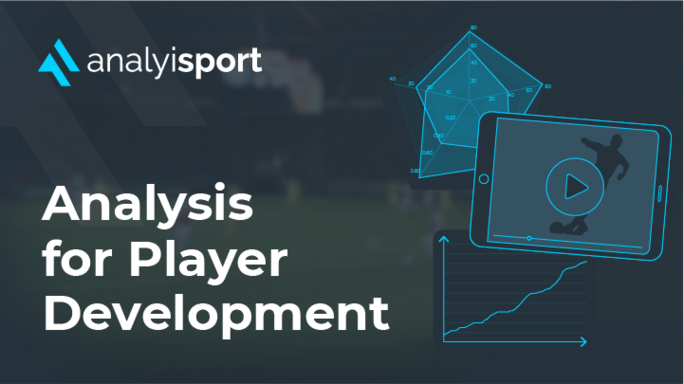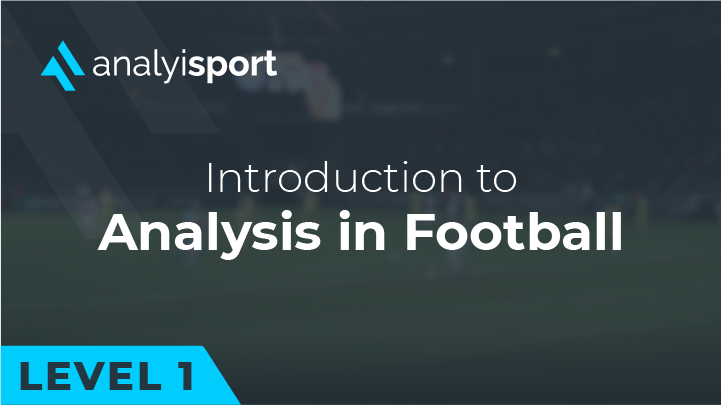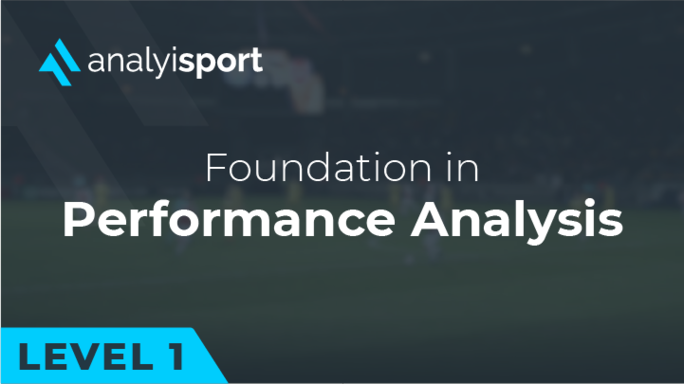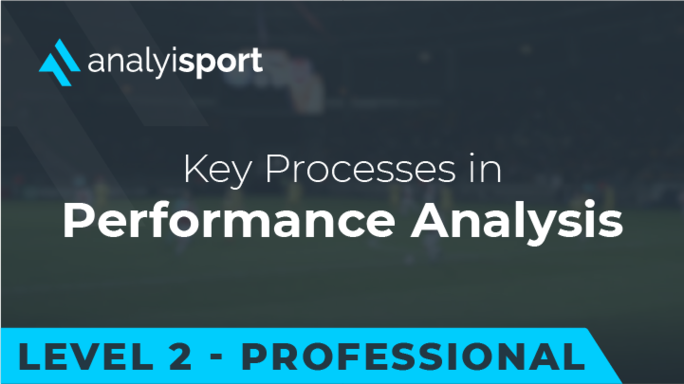How is Data Used in the EFL Championship
Promotion to the Premier League is worth hundreds of millions of pounds of extra revenue for the teams that make it into the top flight. It’s a prize that can transform a club. For teams in the EFL Championship, it’s a big incentive to be innovative and find new ways to gain an advantage over your rivals. This has led many clubs to embrace data analysis.
Data has transformed football in recent years. Thousands of data points are now recorded at every match by data companies such as Opta, StatsBomb and WyScout. Clubs are using drones and GPS vests to gather statistics from training sessions. This data helps clubs to make smarter signings and improve performance levels.
Championship clubs don’t have the same resources to invest in data as Premier League sides like Liverpool and Manchester City. But, despite not being as rich as the top clubs, Championship sides have often been at the forefront of data analysis as they battle for promotion.
How Championship Teams Use Data to Sign Players
Recruitment is one area in which data analysis has made a big difference. Searching through a database of player statistics allows clubs to consider players from leagues and countries that they couldn’t normally afford to scout. It also allows them to make more objective decisions. Instead of relying on a scout’s gut instinct about how well a player is performing, the data allows analysts to precisely compare the abilities of different players.
One club that has embraced recruitment analysis is Luton Town. They have been of the big overachievers in the Championship in the last couple of seasons, reaching the play-offs in 21-22. This was an impressive result, especially considering that the Hatters had the 6th lowest wage budget in the division that year.
One of the factors that has allowed them to overachieve has been their astute recruitment. Without the benefit of a big budget, they have to make sure that they get value for money for each signing they make.
In February 2021, to enhance their recruitment team, they brought in Jay Socik as Head of Recruitment Analysis. Socik is part of a generation of analysts who first made a number for themselves on Twitter. Tweeting about Sheffield United, the team he supports, Socik built up an online reputation for his astute analysis.
Although he comes from a background outside football, Socik has quickly adapted to life at Kenilworth Road.
“The manager is absolutely key though. He knows exactly what he wants from each player and role. As a data specialist in recruitment, this makes my role much easier — because the gaffer tells you specifically what he is looking for,” Socik explained to The Athletic. “I am able to use that profile and key KPIs (key performance indicators) and build a profile of the role using data that will flag up players who may fit. From there, the scouting process can begin.”
How Championship Clubs Use Data for Performance Analysis
Another area in which Championship clubs use data is performance analysis. The analyst will study their team’s games and training sessions, looking at what is going well and what can be improved. They will then give feedback to the coaching staff, who will use this information to improve the performance levels of the players.
Rachel Hindle is an experienced Championship performance analyst. She spent over five years as an analyst at Blackburn Rovers before moving to Sunderland in the summer of 2022.
In March 2022, she spoke about the work she did at Blackburn: “I watch back all our games and prepare meetings on the back of that,” she revealed on Facebook. She explained how she looked at what the team was doing well and what might be causing them some issues, working with the manager to support the work done by the coaching staff.
It’s tough work at times. “The detail can be a lot,” Hindle said. This is especially true in the Championship. The 46 games which each team plays in a season mean that there’s a tight schedule and not much time to prepare between matches.
Hindle has been successful though. When former Blackburn manager Tony Mowbray moved to Sunderland, he brought her with him as a trusted part of his backroom team.
Which Championship Clubs Are Expanding Their Use of Data?
Hindle’s departure from Blackburn doesn’t mean that her former club are moving away from using data. In September 2022, the former Premier League champions announced a new deal with StatsBomb, giving them access to the data company’s location data and unique metrics such as Ball Receipts In Space and Line-Breaking Passes.
“The use of data will be key to the operation of both our recruitment and analysis departments, as we look to embrace both objective and subjective information to give us a competitive advantage,” explained Gregg Broughton, Director of Football at Blackburn.
Other Championship clubs that now use StatsBomb include Blackpool, Swansea, Watford and Wigan Athletic. Creating a partnership with a data firm gives these clubs access to state-of-the-art expertise and provides them with additional statistics and metrics to support the work of their own analysts.
Clubs are also expanding their own in-house analysis departments by hiring more staff. Middlesbrough are one such club. They’re a team that have used analysis for a long-time, their Head of Performance Analysis, Phill Hudson, has been in the post since 2012, but in the summer of 2022, they set about expanding their department. The club advertised for a First Team Set-Piece Analyst and an Academy Performance Analyst.
Such roles are a sign that analysis is becoming more specialised at Championship clubs. Not long ago, they would have just had one or two analysts doing a range of work. Now clubs are hiring analysts who specialise in specific areas. It’s also a sign of how data is becoming ingrained at every level of a modern football club, from the first team to the academy.
The Future of Data in the Championship
One of the earliest Championship teams to embrace data was Brentford, who were one of the pioneers of data analysis in English football. They’re now established in the Premier League, but the Championship is still a place where teams are trying new things.
Norwich City, who in recent seasons have yo-yoed between the Championship and the Premier League, have put a lot of effort into data analysis as they try to break through into become an established top flight side. Their Sporting Director, Stuart Webber, previously worked in recruitment at Liverpool, a club that was one of the first to take data seriously in English football. He’s brought a similar approach to Norfolk.
Like the top Premier League teams, Norwich have put together a data and innovation department. It might have a smaller budget than the departments of Liverpool or Manchester City, but it allows the Championship club to be at the forefront of data innovation.
“If we do the same things as every other club, with the greatest respect, we are maybe 30th in the country for our size,” explained Webber in conversation with Michael Calvin. He revealed how the department is asking questions such as whether data can reveal if a player is a leader on the pitch and if it is possible to use data to better analyse the work that coaches do with players.
The Championship has a reputation of being one of the most competitive leagues in the world and the prize of promotion to the Premier League is a massive incentive. Data is providing clubs with ways to make the marginal gains that can have a big impact. But as more and more clubs invest in it, it’s the clubs that find new and inventive ways to use the data that will gain the biggest advantage.
Related Courses:
Share this article
Our Learning Pathways
AnalyiSport is for everyone who is passionate about analysis in football. Where are you in your development journey?
Become a Football Scout
As more clubs than ever look to build data into their recruitment process, an understanding of recruitment analysis is your ticket to success in the game.
Related Articles
Our team provides news and insights from the cutting edge of football analysis.







